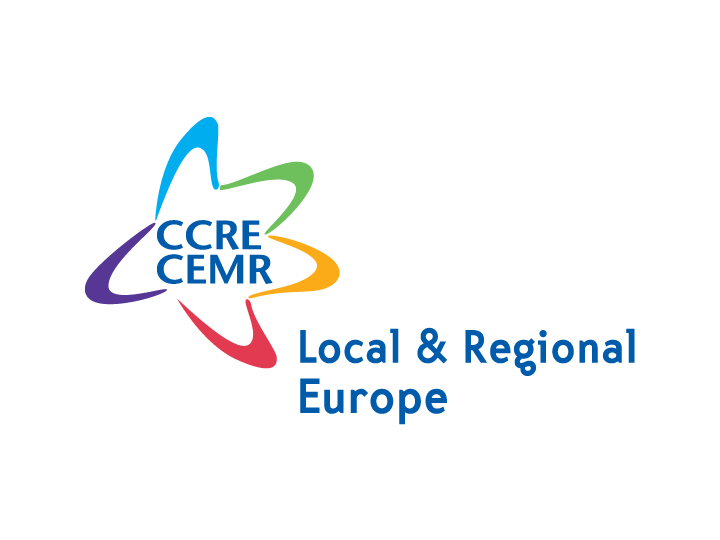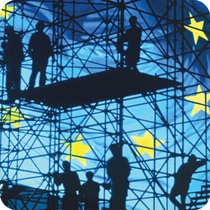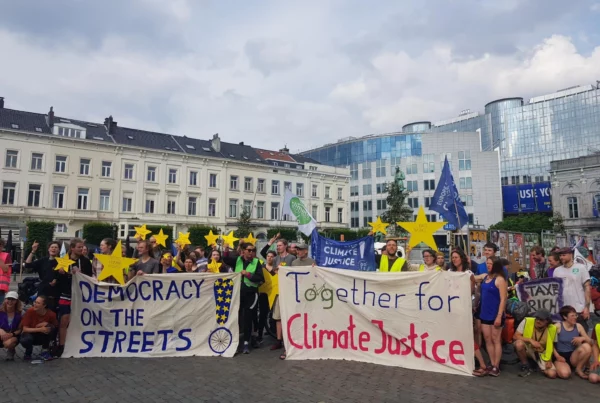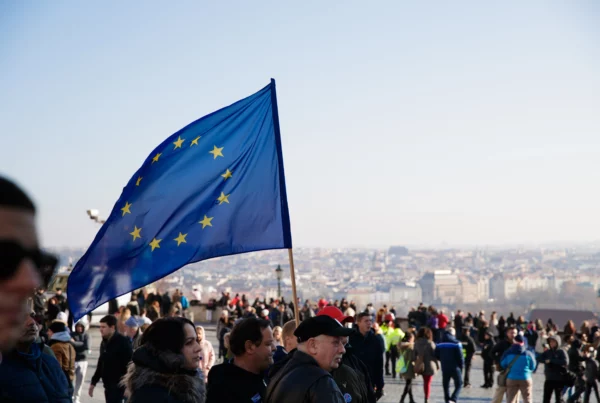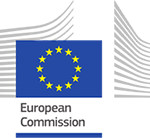CEMR brings new perspectives on citizenship and twinning in its white paper
The Council of European Municipalities and Regions (CEMR) has published its White paper for an active European citizenship, bringing new perspectives to the debate on involving citizens in the European project in view of the 2014-2020 “Europe for citizens” EU programme.*
The white paper is the result of a reflection orchestrated by CEMR and which involved stakeholders active in the fields of citizenship and town twinning such as local and regional elected representatives, twinning experts, representatives of civil society, actors on the ground and European institution representatives. Together, they identified the needs and expectations of municipalities, regions and their citizens in order to come up with concrete solutions to current and upcoming challenges.
Three regional seminars were first held in Estonia, Malta and Germany to discuss the different practices and cultural approaches relating to town twinning and citizenship in Europe, followed by a broad online consultation, which opened up the debate to a larger public.
The findings of the consultation helped prepare CEMR’s European Congress on Citizenship and Twinning, held from 29 September to 1 October 2011 in Rybnik, Poland, and whose main conclusions and declaration constitute the white paper’s key points.
Topics discussed within the white paper include, active citizenship, gender equality, intergenerational society, diversity and EU neighbouring countries.
* According to the European Commission’s proposal, the new “Europe for citizens” programme would be divided into two main strands: “Remembrance and European citizenship” and “Democratic engagement and civic participation”. The proposed budget for 2014-2020 is of €229 million and will mainly support networks of twinned-towns, remembrance projects and civil society-led activities. The Commission’s programme proposal is to be submitted to national parliaments in 2012 and to the European Parliament and Council of the EU in the spring of 2012.
rn

Climate, Sustainable Finance Officer
